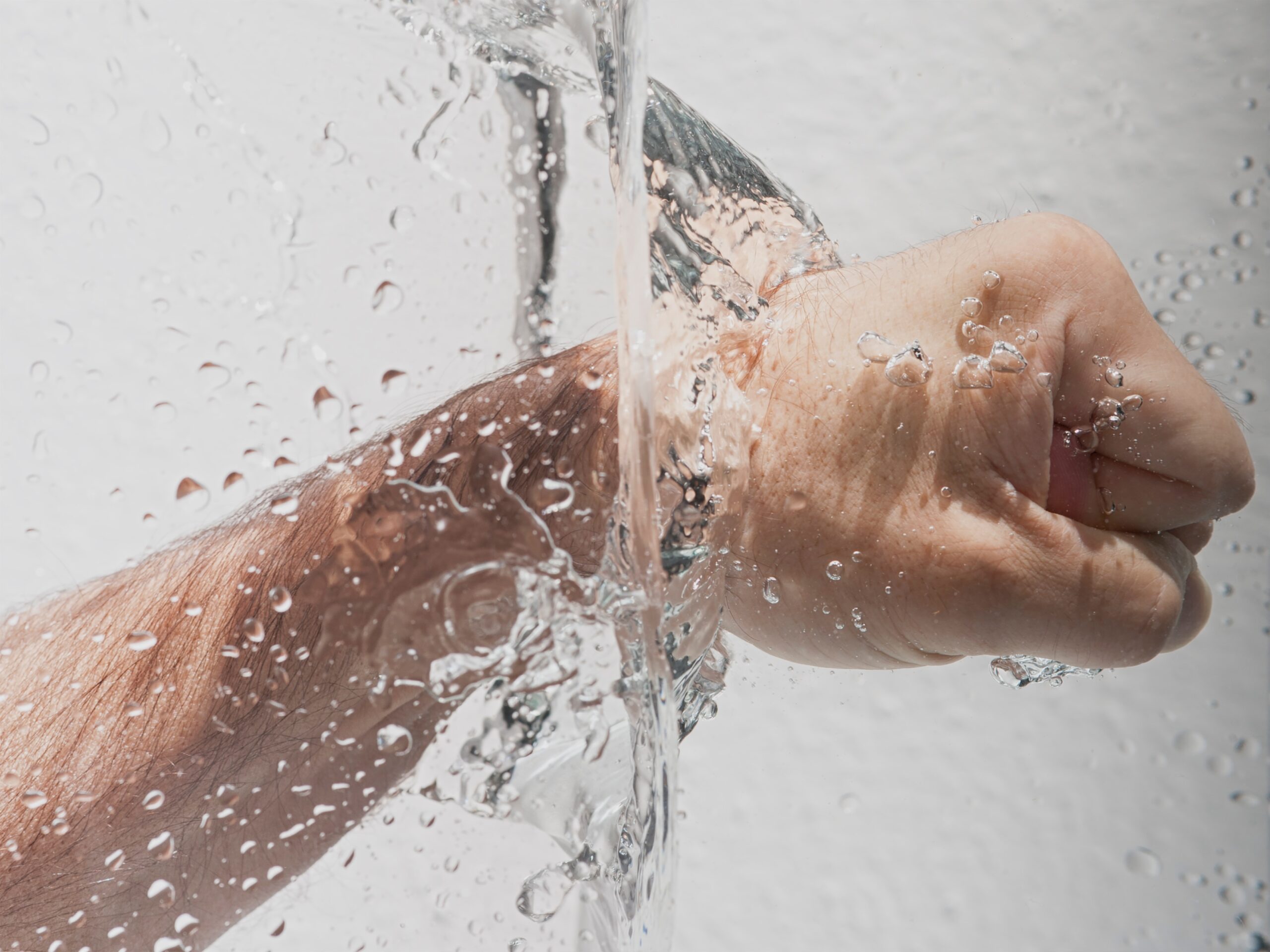The Essence of Hydration
Water is often referred to as the elixir of life, and for a good reason. It’s the most abundant substance in the human body, making up about 60% of our total body weight. Water plays a fundamental role in maintaining our overall health and well-being. In this blog, we’ll explore why water is crucial for health management, how much water you should drink each day, when to drink it, and whether a water filter is necessary. We’ll also provide guidance on what to look for when buying a water purification system.
The Importance of Water for Health Management
Cellular Function
Water is essential for the proper functioning of cells. It serves as a medium for chemical reactions, helps transport nutrients and oxygen to cells, and removes waste products.
Temperature Regulation
Water helps regulate body temperature by releasing heat when we’re hot (through sweating) and retaining heat when we’re cold.
Digestion
Adequate hydration is necessary for the proper functioning of the digestive system. It helps break down food, absorb nutrients, and prevent constipation.
Joint Lubrication
Water acts as a lubricant for joints, facilitating smooth movement and preventing joint pain.
Detoxification
The kidneys rely on water to filter waste and toxins from the blood, ensuring the body remains free from harmful substances.
Cognitive Function
Dehydration can impair cognitive function, leading to difficulties in concentration, memory, and mood.
Weight Management
Drinking water before meals can help control appetite and promote weight loss by reducing calorie intake.
How Much Water per Day is Enough?
The recommended daily water intake varies from person to person based on factors such as age, gender, activity level, and climate. However, a general guideline is to aim for about 8 glasses of water per day, which is roughly equivalent to 2 litres or half a gallon. This is often referred to as the “8×8 rule.”
Some individuals may need more water, especially if they are physically active, live in hot climates, or have certain medical conditions. Athletes, for example, may require significantly more water to compensate for the fluids lost through sweating during exercise.
To get a more personalized estimate of your daily water needs, you can use online calculators or consult with a healthcare professional. Additionally, paying attention to your body’s signals is crucial. Thirst is a reliable indicator that your body needs more water, so be sure to drink when you feel thirsty.
When to Drink Water
Upon Waking
Start your day with a glass of water to kickstart your metabolism and rehydrate after a night’s sleep.
Before Meals
Drinking water before meals can help control appetite and aid in digestion.
During Meals
Sipping water during meals can aid in swallowing and digestion but avoid excessive consumption, as it may dilute stomach acid.
After Exercise
Rehydrate after physical activity to replace fluids lost through sweat.
Throughout the Day
Stay hydrated by drinking water regularly, even if you’re not feeling particularly thirsty. Small, frequent sips are often more effective than large, infrequent gulps.
Is a Water Filter Necessary?
The necessity of a water filter depends on the quality of your tap water and your individual preferences. While many municipal water supplies are treated to meet safety standards, there are still potential contaminants that may affect taste, odour, or health.
Reasons why you might consider using a water filter:
- Improved Taste and Odor: Water filters can remove chlorine and other chemicals that affect the taste and smell of tap water.
- Reduced Contaminants: Filters can remove or reduce contaminants like lead, mercury, bacteria, and certain chemicals, making your water safer to drink.
- Protection Against Microorganisms: If you have a private well or suspect bacterial contamination, a filter with a UV sterilization or microbiological purification system can be beneficial.
- Hard Water Treatment: Water softeners can be integrated into water purification systems to remove minerals that cause hard water, which can be damaging to plumbing and appliances.
What to Look for When Buying a Water Purification System
When choosing a water purification system or filter, consider the following factors:
- Contaminant Removal: Identify the specific contaminants you want to remove and choose a system that’s effective against them.
- Filter Type: There are various types of filters, including activated carbon, reverse osmosis, UV purifiers, and more. Select one that suits your needs.
- Flow Rate: Consider the flow rate of the system to ensure it can meet your household’s water demand.
- Maintenance: Check the maintenance requirements and costs associated with replacing filter cartridges or other components.
- Certifications: Look for products certified by reputable organizations like NSF International or the Water Quality Association to ensure performance and safety.
- Cost: Compare the initial cost, ongoing maintenance expenses, and the lifespan of the system to determine its overall value.
Water is undeniably one of the most important elements for health management. From supporting cellular functions to aiding digestion and detoxification, its role in our well-being cannot be overstated. While the “8×8 rule” provides a general guideline for daily water intake, individual needs vary, so it’s essential to pay attention to your body’s signals and consult with a healthcare professional if needed.
The decision to use a water filter depends on your water source and preferences. A well-chosen water purification system can improve taste, remove contaminants, and provide peace of mind about the quality of the water you and your family consume. When shopping for a system, consider factors such as contaminant removal, filter type, flow rate, maintenance, certifications, and overall cost to make an informed choice.
Ultimately, staying hydrated with clean, safe water is a cornerstone of good health.




